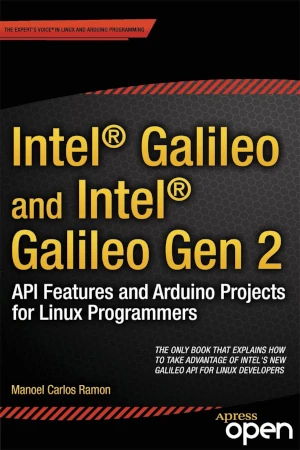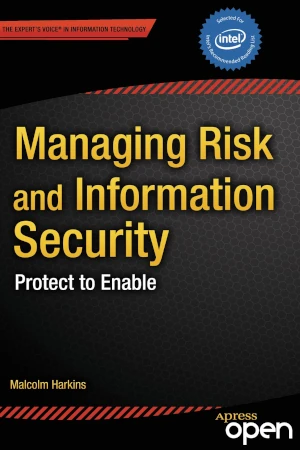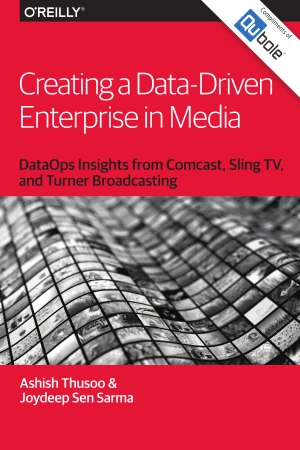Rhetorical Code Studies
Discovering Arguments in and around Code
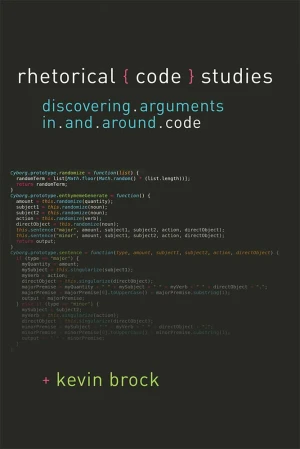
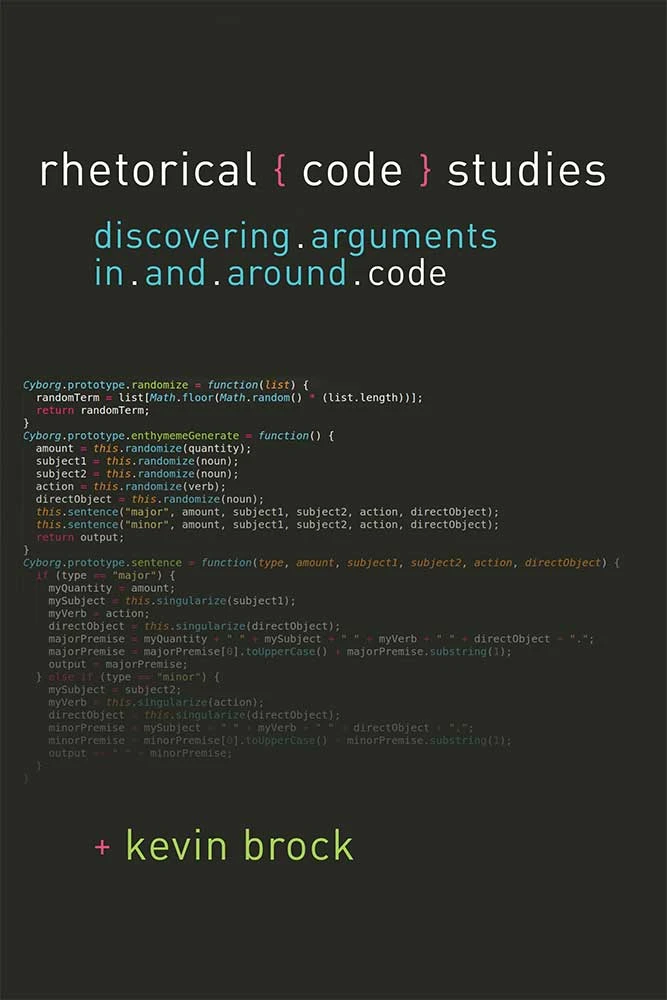
Book Details
| Author | Kevin Brock |
| Publisher | University of Michigan Press |
| Published | 2019 |
| Edition | 1st |
| Paperback | 233 pages |
| Language | English |
| ISBN-13 | 9780472131273, 9780472125005 |
| ISBN-10 | 0472131273, 0472125001 |
| License | Creative Commons Attribution-ShareAlike |
Book Description
Software developers work rhetorically to make meaning through the code they write. In some ways, writing code is like any other form of communication; in others, it proves to be new, exciting, and unique. In Rhetorical Code Studies, Kevin Brock explores how software code serves as meaningful communication through which software developers construct arguments that are made up of logical procedures and express both implicit and explicit claims as to how a given program operates.
Building on current scholarly work in digital rhetoric, software studies, and technical communication, Brock connects and continues ongoing conversations among rhetoricians, technical communicators, software studies scholars, and programming practitioners to demonstrate how software code and its surrounding discourse are highly rhetorical forms of communication. He considers examples ranging from large, well-known projects like Mozilla Firefox to small-scale programs like the "FizzBuzz" test common in many programming job interviews. Undertaking specific examinations of code texts as well as the contexts surrounding their composition, Brock illuminates the variety and depth of rhetorical activity taking place in and around code, from individual differences in style to changes in large-scale organizational and community norms.
Rhetorical Code Studies holds significant implications for digital communication, multimodal composition, and the cultural analysis of software and its creation. It will interest academics and students of writing, rhetoric, and software engineering as well as technical communicators and developers of all types of software.
This book is available under a Creative Commons Attribution-ShareAlike license (CC BY-SA), which means that you are free to copy, distribute, and modify it, as long as you credit the original author and license any derivative works under the same terms.
If you enjoyed the book and would like to support the author, you can purchase a printed copy (hardcover or paperback) from official retailers.
Download and Read Links
Share this Book
[localhost]# find . -name "*Similar_Books*"
The Big Data Agenda
This book highlights that the capacity for gathering, analysing, and utilising vast amounts of digital (user) data raises significant ethical issues. Annika Richterich provides a systematic contemporary overview of the field of critical data studies that reflects on practices of digital data collection and analysis. The book assesses in detail one
Intel Galileo and Intel Galileo Gen 2
Intel Galileo and Intel Galileo Gen 2: API Features and Arduino Projects for Linux Programmers provides detailed information about Intel Galileo and Intel Galileo Gen 2 boards for all software developers interested in Arduino and the Linux platform. The book covers the new Arduino APIs and is an introduction for developers on natively using Linux.
Managing Risk and Information Security
Managing Risk and Information Security: Protect to Enable, describes the changing risk environment and why a fresh approach to information security is needed. Because almost every aspect of an enterprise is now dependent on technology, the focus of IT security must shift from locking down assets to enabling the business while managing and surviving
Creating a Data-Driven Enterprise in Media
The data-driven revolution is finally hitting the media and entertainment industry. For decades, broadcast television and print media relied on traditional delivery channels for solvency and growth, but those channels fragmented as cable, streaming, and digital devices stole the show. In this ebook, you'll learn about the trends, challenges, and op
React in patterns
React in Patterns is a comprehensive guide to building scalable and maintainable user interfaces with React. Authored by Krasimir Tsonev, this book explores common design patterns and advanced techniques used in modern React development. Readers will learn how to leverage React's powerful composition model, manage data flow effectively, use context
Creative Scala
Creative Scala is designed for developers with no prior experience in Scala, offering a fun and gentle introduction to functional programming. The book assumes only basic familiarity with another programming language and little to no exposure to Scala or functional programming concepts. The authors have three main objectives with this book: 1. Intr


